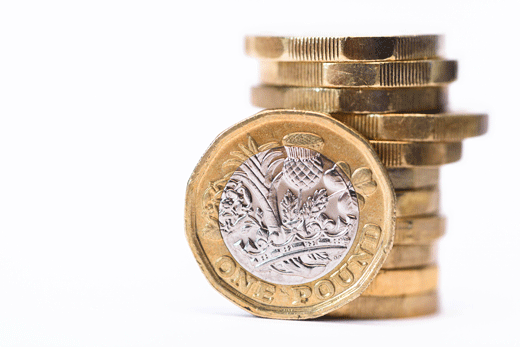Services tailored to you...
With over five decades’ experience serving a diverse range of clients in the South West, we possess an unbeatable depth of knowledge across a wide range of industry sectors.
Our specialist partners and teams can provide expert advice on everything from farming and agriculture, to military tax allowances. We’re here to help you make the most of your planning opportunities so that you can grow with confidence.
Have you considered a dividend over a salary or bonus?
What’s the difference?
Dividends are paid from the profits available after Corporation Tax is paid. A salary or a bonus generally creates tax charges for the company and currently carries up to 25.8% in combined employer and employee national insurance contributions (NICs). Dividends, however, are paid free of NICs.
The Dividend Allowance
The Dividend Allowance means £2,000 of a person’s dividend income is charged at 0% tax: this is called the dividend nil-rate. The rates of tax on dividend income above the allowance until April 2022 are 7.5% higher for basic rate taxpayers; 32.5% for higher rate taxpayers; and 38.1% for additional rate taxpayers.
Health and Social Care Levy
In September 2021 the government published its proposals for new investment in health and social care in England.
An increase was announced to the rates of tax paid on dividends by 1.25% from 6 April 2022 to help fund the new planned investment. The new rates will therefore be 8.75% for basic rate taxpayers, 33.75% for higher rate taxpayers and 39.35% for additional rate taxpayers.
The new Health and Social Care Levy will lead to a UK-wide temporary 1.25% increase to both the main and additional rates of Class 1, Class 1A Class 1B and Class 4 NICs for the 2022/23. From April 2023 onwards the NIC rates will decrease back to 2021/22 levels and will be replaced by a new 1.25% Health and Social Care Levy.
An important point to note is that the Health and Social Care Levy applies to workers that have reached state pension age as well as those under retirement age, unlike NICs.
This would mean that from April 2022, the combined rate of NICs on a salary or bonus could be up to 28.3% for a year.
If you’ve got any queries regarding the above, please get in touch.
